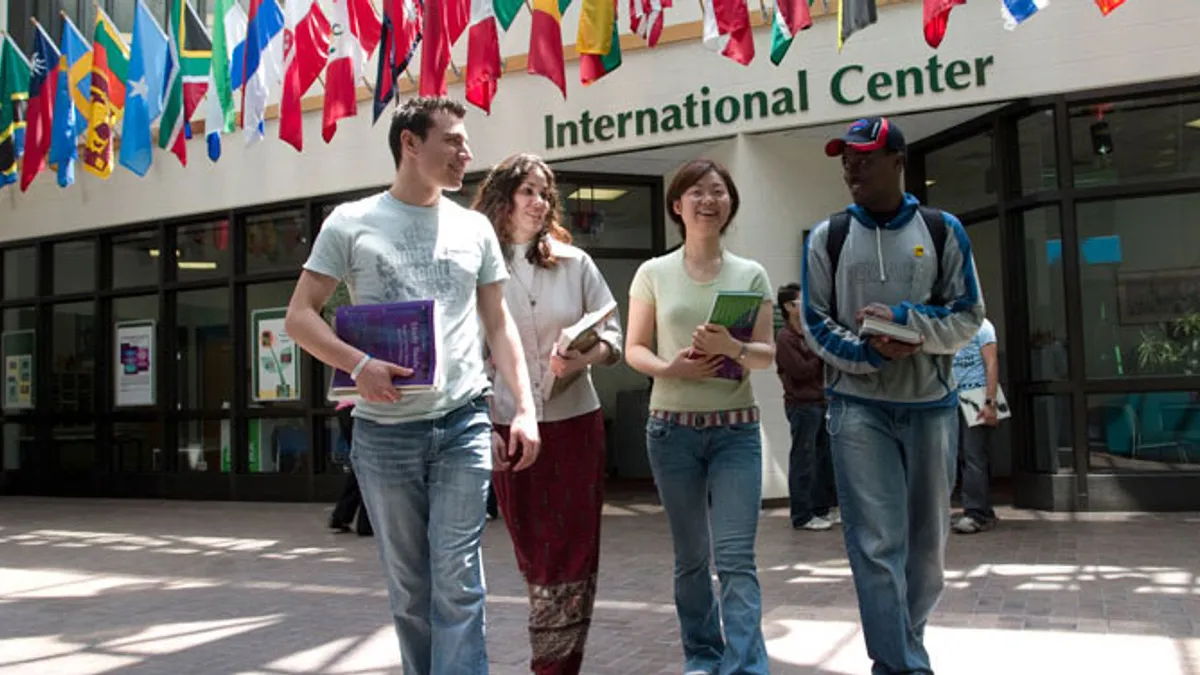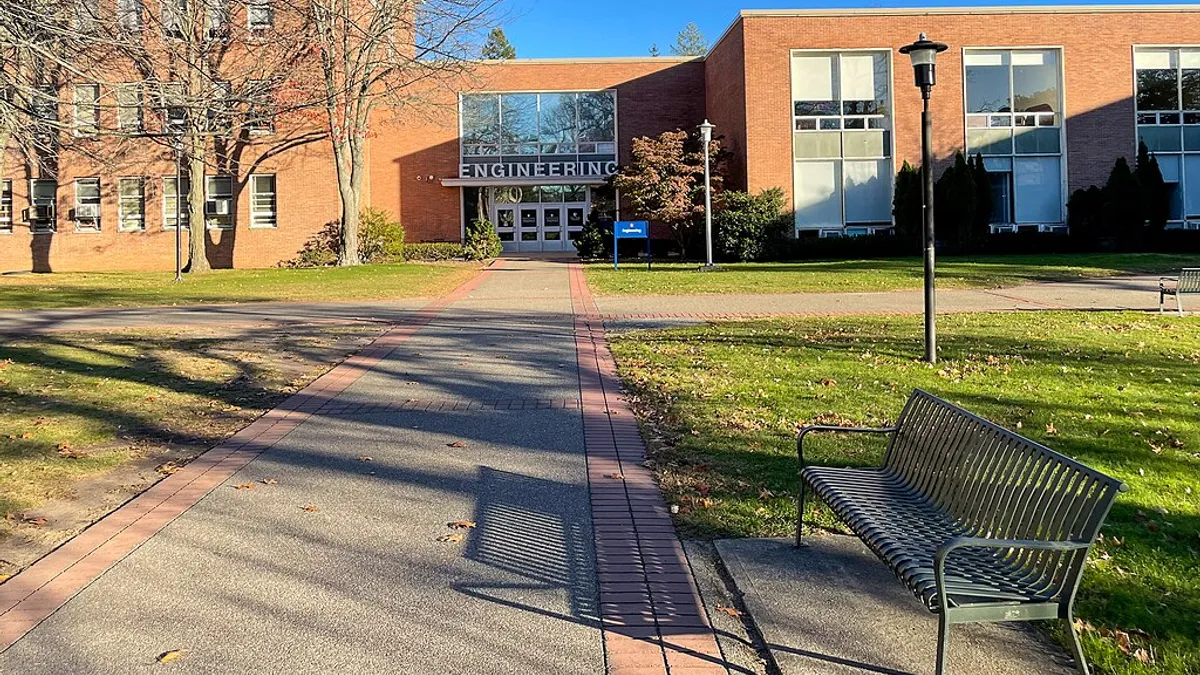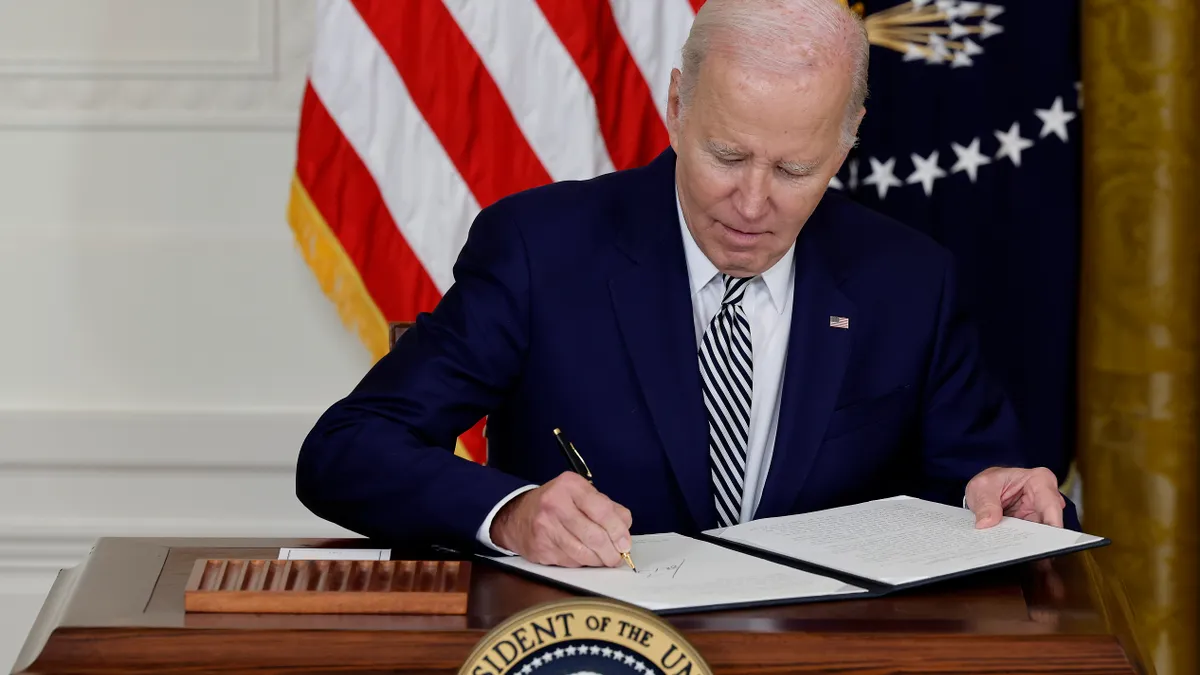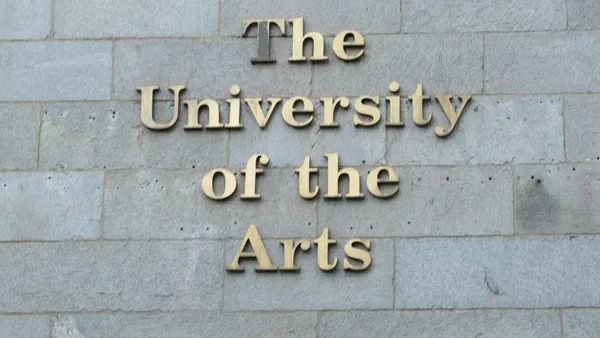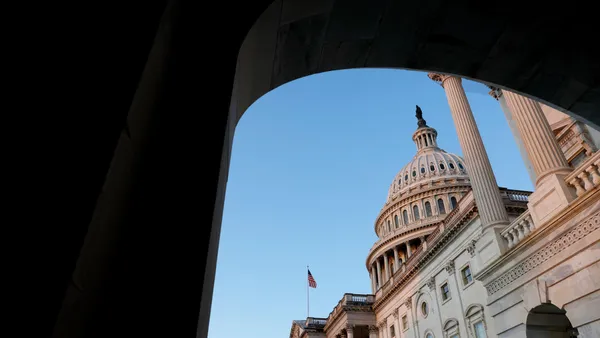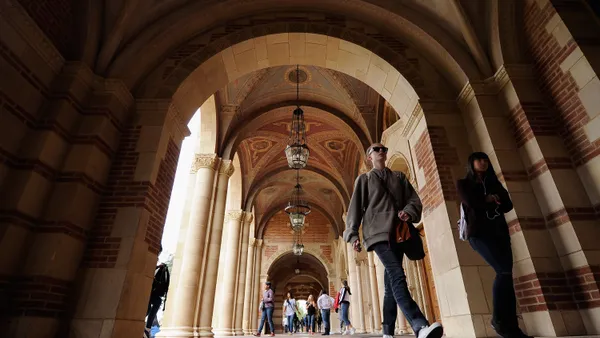Dive Brief:
- Starting next fall, New York's Clarkson University will offer "3+2" combined bachelor's and master's degrees with two Chinese universities, allowing Chinese students to spend three years on their bachelor's degree in China and then another two years of bachelor's or master's degree study at Clarkson.
- Students will first be enrolled in existing bachelor's degree programs at either Chongqing Jiaotong University or the Xiamen University of Technology. They will then complete their bachelor's at Clarkson's Reh School of Business and the following year be admitted to Reh's one-year MBA program.
- On its website, Clarkson said the program will increase diversity on its campus and "enrich" the overseas study experience for students at the Chinese universities.
Dive Insight:
Clarkson's announcement comes as American colleges navigate academic relations with China and its higher education community amid rising tensions from shifting immigration and trade policies, as well as the recent arrest of a Chinese executive in Canada at the behest of the U.S.
Just last week, the University of California System issued a warning to students and faculty in China recommending they not use online communications apps and take extra precautions in interactions with officials there. The notice was prompted by a warning from the U.S. State Department. That followed a move by Cornell University in the fall to halt its participation in two exchange programs with Renmin University of China over academic freedom concerns.
In the U.S., Chinese students now make up about one-third of all international students, and are becoming an increasingly important segment amid sagging enrollment trends. One indicator of that is the $60 million insurance policy taken out by the business and engineering colleges at the University of Illinois at Urbana-Champaign protecting against a one-year, 20% or greater decrease in revenue from the group.
Visa restrictions pushed by the Trump administration, including some directly targeting Chinese students, have drawn concern within higher education. The U.S. Embassy in China has reportedly offered reassurance that the country's visa policies for Chinese nationals are unchanged, echoing earlier comments from the State Department.
Several U.S. colleges have cut ties with the China-funded Confucius Institute that provided cultural education programming on their campuses. Meanwhile, in at least three cases Chinese investors have moved to purchase U.S. campuses and educational properties in order to create pathways for Chinese students to attend U.S. colleges.


